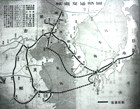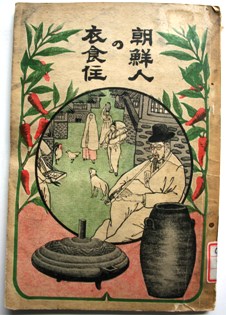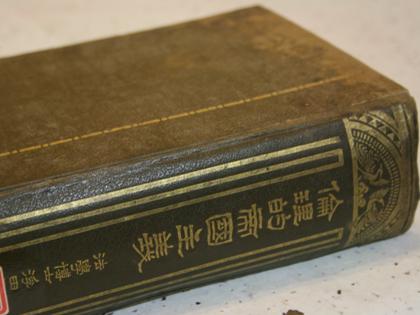Profile

- Research Subject
- Concerning the Concept of “Imperialism”,
- A Study of Cultural Relations between Japan and Korea,
- A Study of Discourse on “The North”
- Research Fields
- Japanese Intellectual History, Korean History
- Faculty - Division / Research Group / Laboratory
- Division of Humanities / Research Group of History / Laboratory of Japanese History
- Graduate School - Division / Department / Laboratory
- Division of Humanities / Department of History / Laboratory of Japanese History
- School - Course / Laboratory
- Division of Humanities and Human Sciences / Course of History and Anthropology / Laboratory of Japanese History
- Contact
Office/Lab: 517
TEL: +81-11-706-2870
FAX: +81-11-706-2870
Email: kweon(at)let.hokudai.ac.jp
Replace “(at)” with “@” when sending email.Foreign exchange students who want to be research students (including Japanese residents) should apply for the designated period in accordance with the “Research Student Application Guidelines”. Even if you send an email directly to the staff, there is no reply.- Related Links
Lab.letters


Representing the fusion of intellectuals’ thoughts and historical documents, as well as the overlap between an Empire and one of its colonies
To depict the history of modern Japan and one of its colonies based on intellectuals’ thoughts as one perspective and based on historical documents such as archival records as another perspective: This is what my research involves. What was Japanese imperialism? Going beyond the premise that imperialism is evil, I repeatedly criticize imperialism in a rational manner. This interest is also connected to the question of what a colony is.
To clarify the circumstances of a colonized Korea, I’ve chosen to focus on the social history of Korean lifestyle, including the ondol heating system, white clothes and ceramics. The Modern History of the Ondol, published in Korea in 2010, is one of my achievements. The book deals with history in which the Japanese Empire and a colonized Korea overlapped and entwined. It constitutes a hidden part of modern Japanese history that can’t be explained without referring to Japan and the Japanese people.
Taking you to a research world full of rapture while cherishing fundamental questions
In my seminars, we sometimes read books written by Yukichi Fukuzawa and other intellectuals, and other times we peruse archives marked “Confidential.” In carrying out these tasks, you’ll never fail to find unique research themes. I also provide professional seminars in Korean aimed to foster experts on Korean research.
“Rapture and anxiety” are feelings of ambivalence that aspiring researchers are apt to cultivate when they’re involved in research. Everyone feels anxiety, but fascinating, significant research is invariably accompanied by rapture. I’d like to be a reliable navigator through a research world full of rapture.
Message
How should I understand the nation of Japan, which waged three major wars in modern times and possessed various colonies, and how did intellectuals face such national actions? These are reservations I have harbored since my school days. Most intellectuals, however, were not in conflict with the Japanese Empire. Rather, it can even be said that it was these intellectuals who served as a driving force to transform this rough-edged Empire into a sophisticated one and lightly “seasoned” war and colonial management with humanity and justice. They did not think of war, imperialism and colonial management as wicked, which is contrary to public opinion in modern times. That is why we must take a back-to-basics approach to addressing various issues. It is intriguing to witness a research institute tackling such a challenge.
We have provided another class at the graduate school for those who wish to conduct Korean research, thereby allowing students to conduct presentations and Q & A sessions in Korean. We also support conference presentation and thesis preparation in Korean. Some students even carry on ordinary conversations with me in Korean. If interested, I will help you improve your Korean language skills.




